Harnessing the Power of Herbs and Flowers: Natural Pest Control for a Thriving Garden
Using herbs and flowers for natural pest control is a sustainable and effective way to protect your garden from harmful insects while promoting biodiversity and enhancing plant health. By incorporating pest-repelling herbs and flowers into your garden design, you can create a balanced ecosystem that attracts beneficial insects, repels pests, and fosters a harmonious relationship between plants and wildlife. Follow these tips to harness the power of herbs and flowers for natural pest control in your garden:

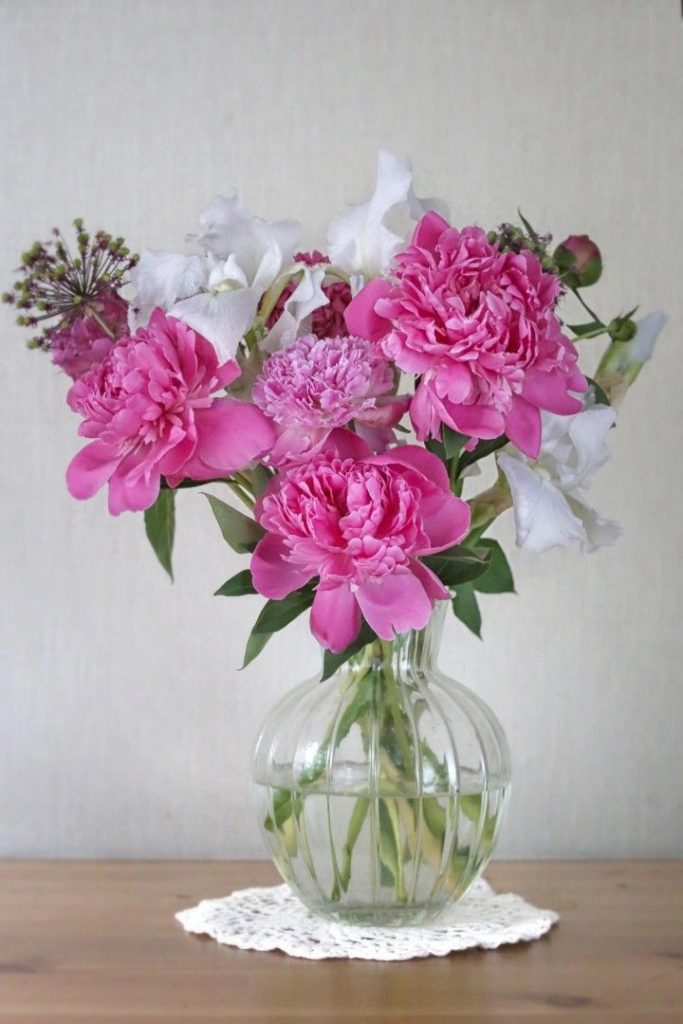

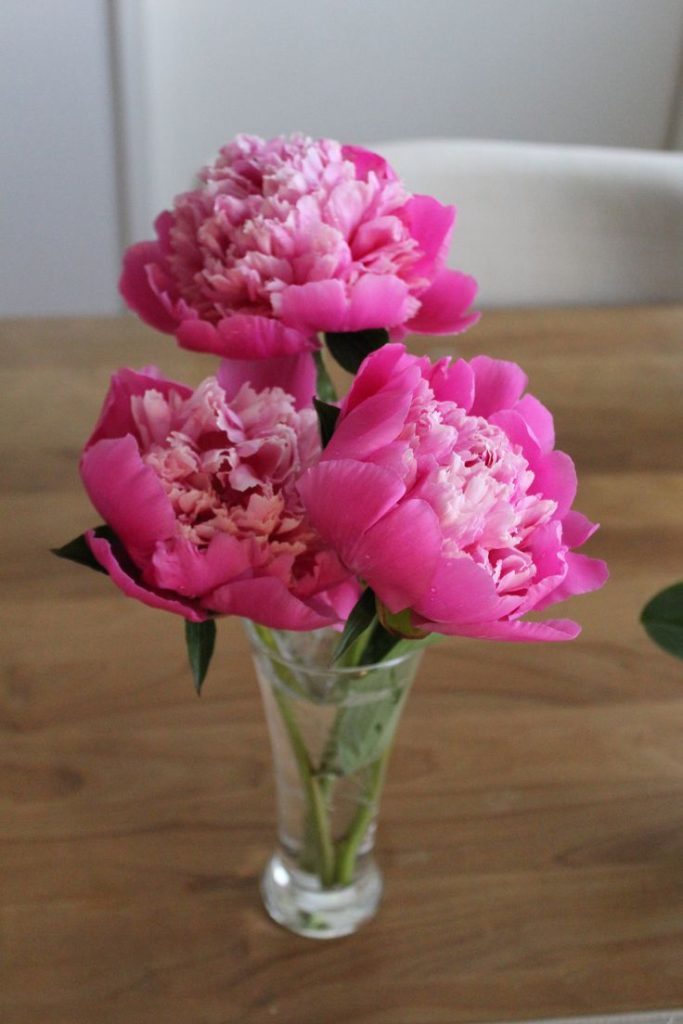
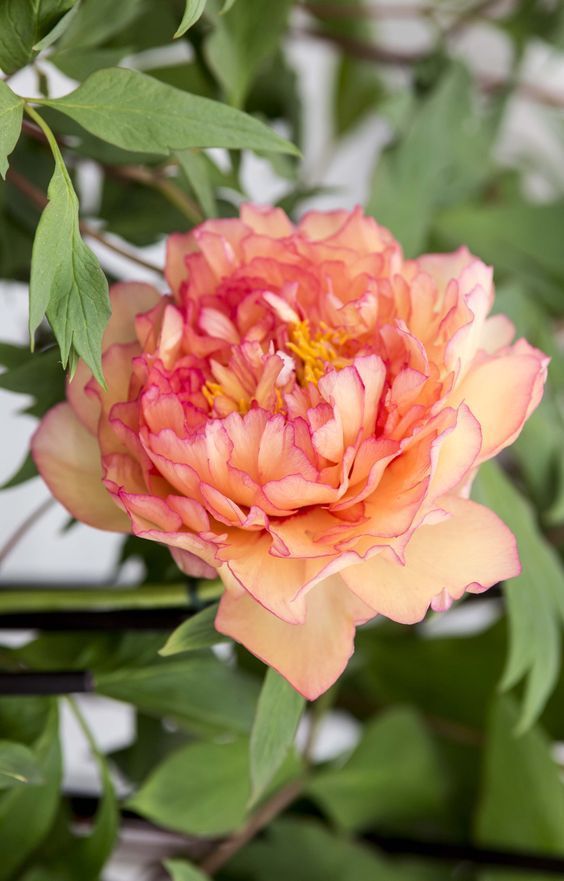
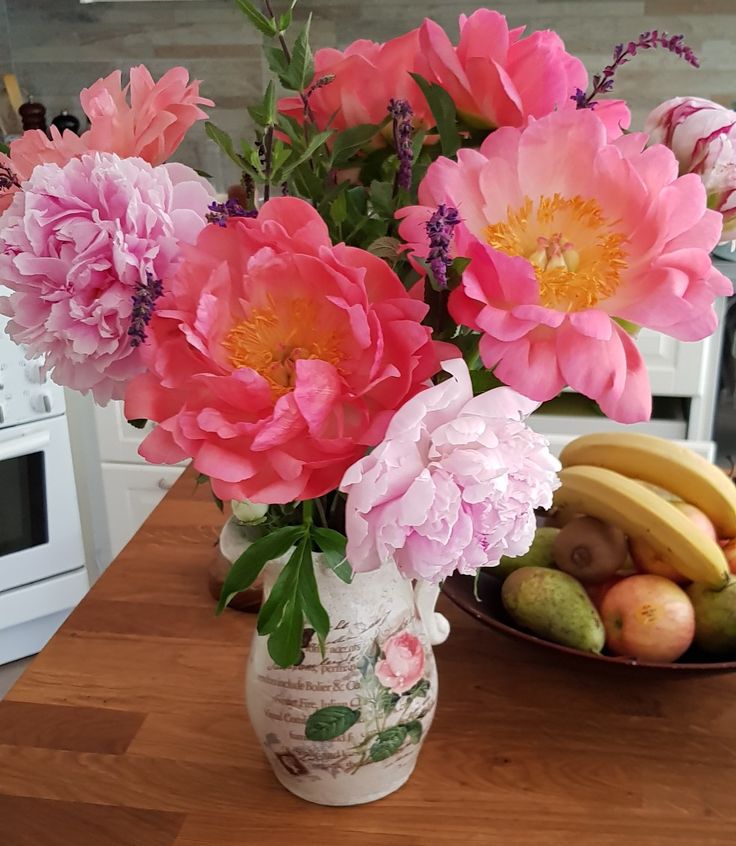
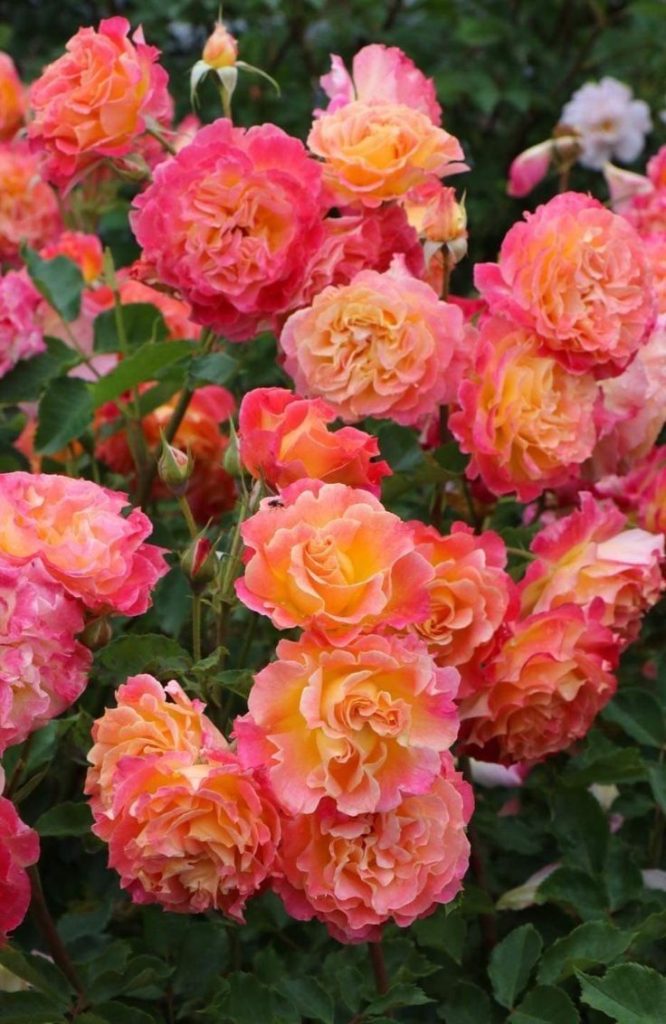
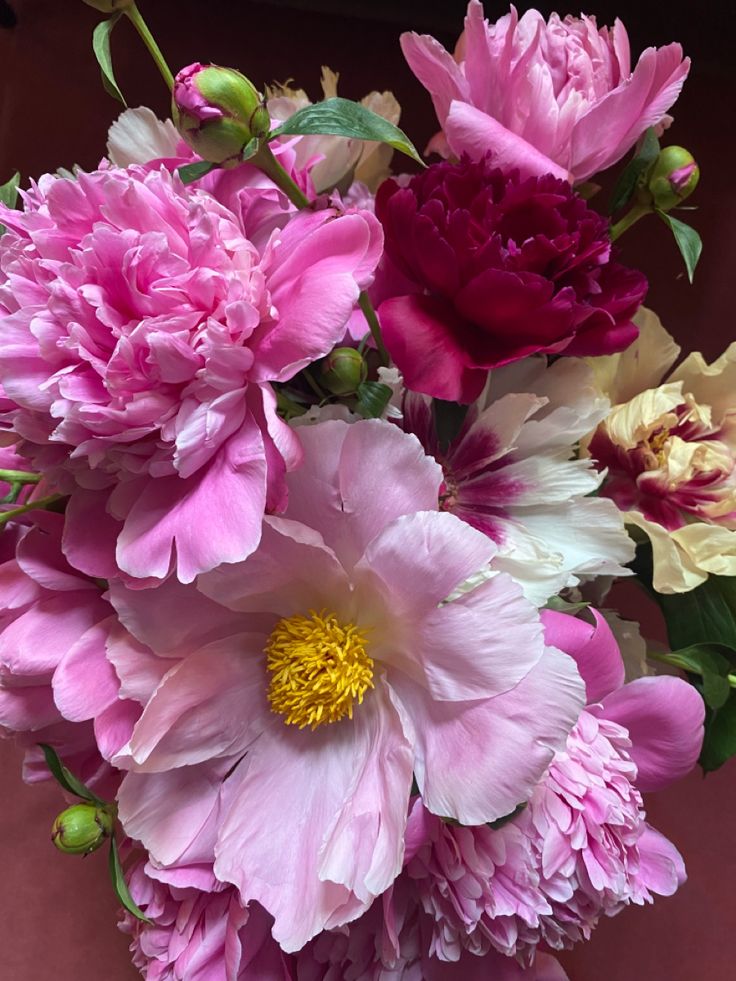
1. Choose Pest-Repelling Plants
- Herbs with Repellent Properties: Select aromatic herbs such as basil, mint, rosemary, lavender, and thyme that emit strong fragrances that repel pests such as mosquitoes, aphids, and cabbage worms.
- Flowers with Insecticidal Properties: Incorporate flowers with natural insecticidal properties such as marigolds, nasturtiums, chrysanthemums, and calendula, which contain compounds that deter pests and attract beneficial insects like ladybugs and lacewings.
2. Companion Planting Strategies
- Interplanting: Use companion planting techniques to strategically interplant pest-repelling herbs and flowers among susceptible crops to confuse pests and disrupt their feeding and mating patterns.
- Trap Cropping: Plant trap crops such as nasturtiums or marigolds near vulnerable plants to attract and divert pests away from valuable crops. Monitor trap crops regularly and remove infested plants to prevent pest buildup.
3. Natural Pest Control Methods
- Beneficial Insects: Encourage beneficial insects such as ladybugs, lacewings, and parasitic wasps by providing habitat and food sources in your garden. These natural predators help keep pest populations in check by feeding on aphids, caterpillars, and other garden pests.
- Compost Tea: Use homemade compost tea as a foliar spray to boost plant health and resilience against pests. Compost tea contains beneficial microorganisms that enhance soil fertility and plant immunity, making plants less susceptible to pest attacks.
4. Cultural Practices
- Crop Rotation: Practice crop rotation to prevent the buildup of pest populations in the soil. Rotate crops annually to disrupt pest life cycles and reduce the likelihood of infestations.
- Mulching: Apply organic mulch such as straw, shredded leaves, or compost around plants to suppress weeds, conserve soil moisture, and create a barrier against crawling pests like slugs and snails.
5. DIY Pest Control Solutions
- Herbal Pest Sprays: Make homemade herbal pest sprays using garlic, chili peppers, neem oil, or soap to deter common garden pests. Blend ingredients with water and spray on plants as needed, taking care to avoid beneficial insects.
- Essential Oil Repellents: Create natural pest repellents using essential oils such as peppermint, citronella, or eucalyptus. Dilute oils in water and spray on plants or use diffusers in the garden to deter pests.
Conclusion
Harnessing the power of herbs and flowers for natural pest control is an eco-friendly and sustainable approach to gardening that promotes plant health and biodiversity. By selecting pest-repelling plants, practicing companion planting, encouraging beneficial insects, adopting cultural practices, and using DIY pest control solutions, you can create a thriving garden ecosystem that is resilient to pest pressures and fosters a harmonious balance between plants and wildlife. Embrace the beauty and functionality of natural pest control methods, and enjoy a bountiful and pest-free garden year-round.
FAQs (Frequently Asked Questions)
- How do I make a homemade herbal pest spray?
- To make a homemade herbal pest spray, combine garlic, chili peppers, or neem oil with water in a blender and blend until smooth. Strain the mixture through a cheesecloth or fine mesh sieve, then transfer to a spray bottle. Spray on plants as needed, focusing on areas with pest activity.
- Which herbs and flowers attract beneficial insects to the garden?
- Herbs such as dill, fennel, and cilantro, and flowers such as yarrow, coneflower, and alyssum attract beneficial insects like pollinators and predators. Plant these species in your garden to provide habitat and food sources for beneficial insects, which help control pest populations naturally.